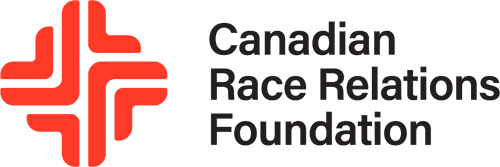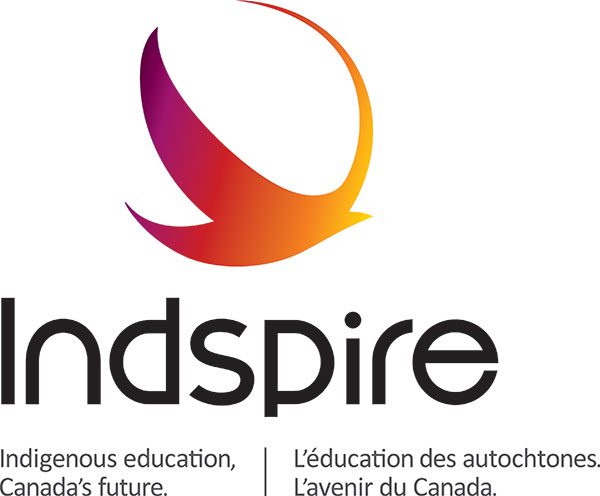Empowering Métis Learners – Pathways to Success
Gabriel Dumont Institute (GDI) was created in 1980 by members of the Association of Métis and Non-Status Indians of Saskatchewan. GDI is unique in Canada. Since its inception, GDI has evolved from an institution focused primarily on education and cultural renewal to an institution focusing on employment training and education within a cultural framework for Métis people of Saskatchewan.
Under the umbrella of GDI, several entities exist, including Dumont Technical Institute (DTI), Gabriel Dumont Training and Employment Inc. (GDITE), Gabriel Dumont College (GDC), Gabriel Dumont Scholarship Foundation (GDSF), and other programs and
services offered to the Métis of Saskatchewan.
The presentation will focus primarily on DTI and its programs and services. Indigenous learners often face unique educational challenges which impact their chances of success. At DTI, we work with our students to address these barriers, helping them achieve the certification required for employment. We will explore common day-to-day challenges students face and how DTI assists in resolving them. Through targeted support and resources, DTI ensures that Métis students have the tools to succeed. DTI plays a crucial role in empowering students to overcome the challenges they face in pursuing post-secondary education. This improves individual educational outcomes and has a broader impact on the labour market, particularly for Métis people.
The presentation will also feature information on a new micro-credential, available through GDI online. Gabriel Dumont Institute found a need for more understanding of Métis history and culture for staff, students, and the general population, so the Métis 101 Micro-Credential was created. Métis 101 contains 17 lessons, covering many topics, such as Métis identity, Métis Worldview, misconceptions, celebrations, Michif, Métis today, and so much more.
Stream: Indigenous Learner Success
- Mental health and wellness
- Sense of belonging
- Learner experiences
- Learning outcomes in PSE programming





